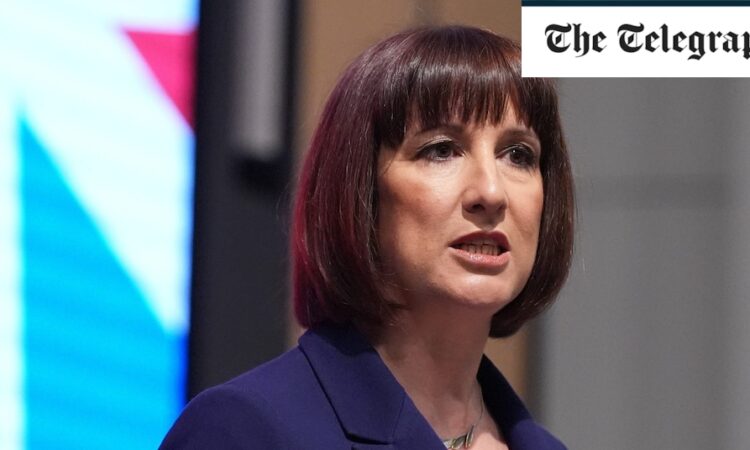
Environmental objections can, however, be just as potent a blockage as any number of Tory Nimbys.
Otherwise, it was in vain that I combed the recent Mais lecture by Rachel Reeves, the shadow chancellor, for clues on what Labour might do differently to address the UK’s myriad economic weaknesses.
It seems to be a requirement of today’s political leaders that they have a moniker to describe their own distinctive approach to economic policy – as in Bidenomics and Trussonomics.
For Reeves it is “securenomics”, a term that seems to mean almost nothing beyond the pursuit of economic stability.
To be sure, there is something to be said for certainty after the constantly shifting sands of recent years, but as Reeves herself seems to acknowledge, more predictable management of the economy is not in itself a sufficient condition to generate private sector investment.
Nor is it obvious that Labour is any better placed to deliver it, even if it would admittedly be hard to upstage the comedy of errors that lies behind five Tory prime ministers and seven chancellors in less than eight years.
Reeves is an accomplished economist in her own right, so she doesn’t do a bad job in diagnosing the nature of the problem. But beyond the promise of planning reform and “a more active state”, she fails to provide meaningful answers.
Up to a point, this might seem forgivable. Few governments-in-waiting spell out exactly what they would do once in power, for fear of alienating the voters.
For instance, one of New Labour’s key economic reforms back in 1997, an independent Bank of England, was kept under wraps ahead of the election because of worries that it might be misinterpreted as a precursor to joining the euro. Nor did Margaret Thatcher reveal much of what she eventually did.
All the same, today’s Labour is remarkable for the paucity of its commitments. Reeves’s Mais lecture was as notable for its lack of credible solutions as it was for its list of noble ambitions.
By way of excuse, she pointed to the ghastly inheritance left behind by the current occupants of Downing Street. It is as if they’ve completely trashed the place during 14 years in power, stripping it down to the curtainless squalor of a 1970s doss house.
Debt at its highest rate in 60 years, with net debt interest payments of over £80bn this year alone, Reeves pointed out. NHS waiting lists are at 7.5 million. Schools and hospitals are crumbling. And this is the first Parliament in modern history during which living standards have fallen.






